The CMP Review — Week of October 14
October 14, 2024
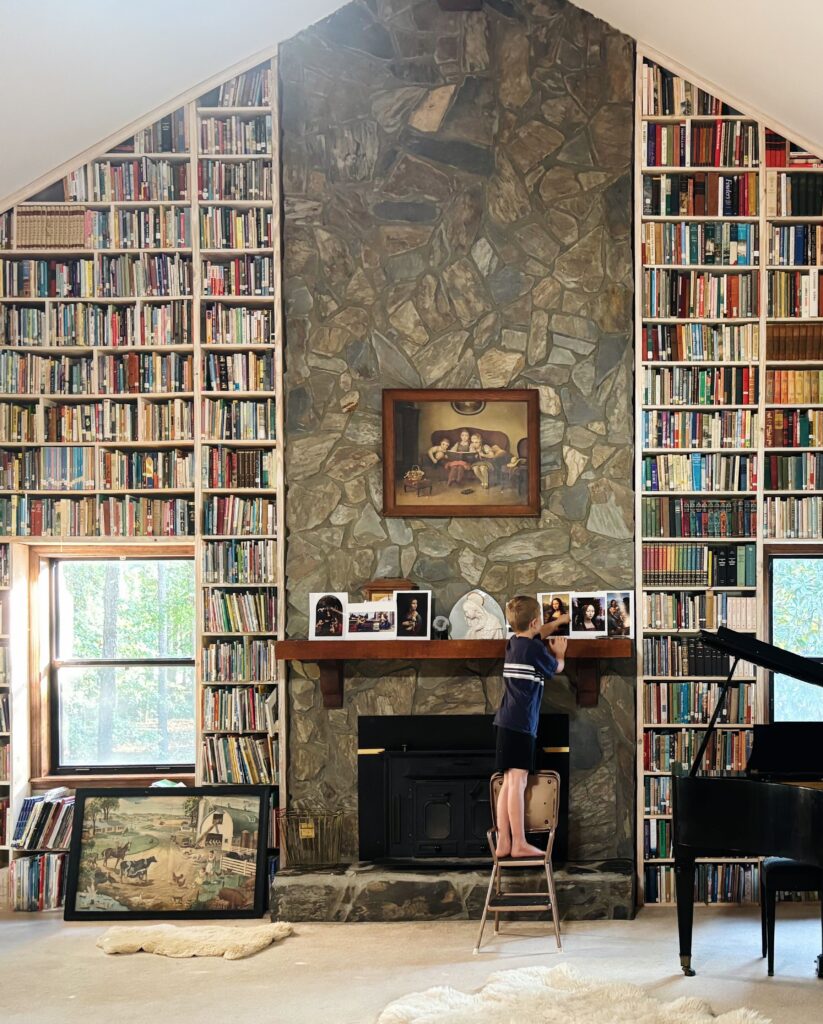
“We cannot of course expect the enjoyments of children to be the same as the enjoyments of adults. But the difference should be only one of degree. We sometimes defeat our own ends by too great haste, or by too great pedantry in our selection of the amusements of our young folk. The great kingdom of Art is the natural and glorious playground of humanity, but if we rush our children, if we coerce them rather than lead them in their artistic enjoyment, we shall quite certainly bore them, and drive them, in their efforts to escape from that boredom, to find fun and freedom elsewhere. We shall moreover form a prejudice in their minds against the very things we are anxious to train them to love. This is to nip good taste in the bud, and is distinctly worse than no training at all. We should not make one step in advance, until we have our footing secure, and our response of enjoyment hearty at the point where we stand.” (Mrs. Gilliland Husband, PR16, p. 608)
@tessakeath
October 15, 2024
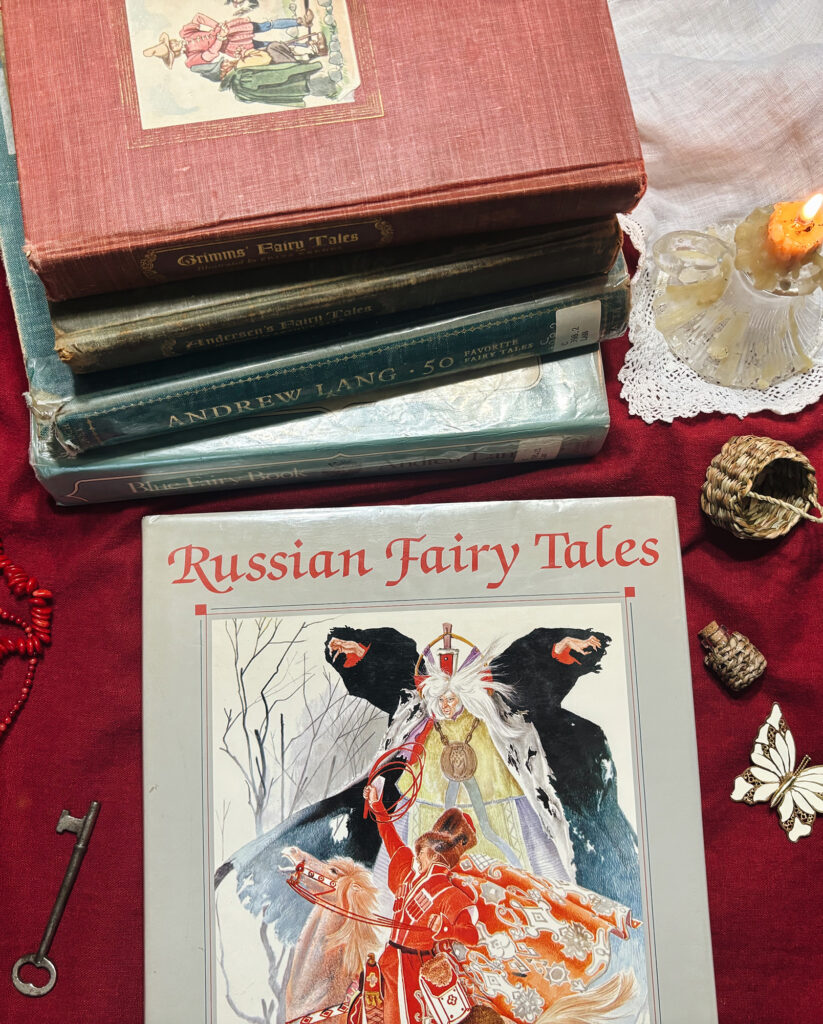
Arthur Burrell wrote the book on recitation — literally. In Home Education, Charlotte Mason affirmed, “On this subject I cannot do better than refer the reader to Mr Arthur Burrell’s ‘Recitation [A Handbook for Teachers].” It was the happy concord of two educationists who both believed in the innate capacities of children.
Burrell maintained ties with the PNEU for many years. In 1906, he attended the 10th annual PNEU Conference where he spoke on the art of story-telling. Surprisingly, he defined this art as “a branch of recitation.” What did he mean by that? And what is the relationship between reading aloud, recitation, and acting? Take a deeper look at some rarely considered aspects of recitation in our transcription of the account of Burrell’s talk. Find it here.
@artmiddlekauff
October 16, 2024
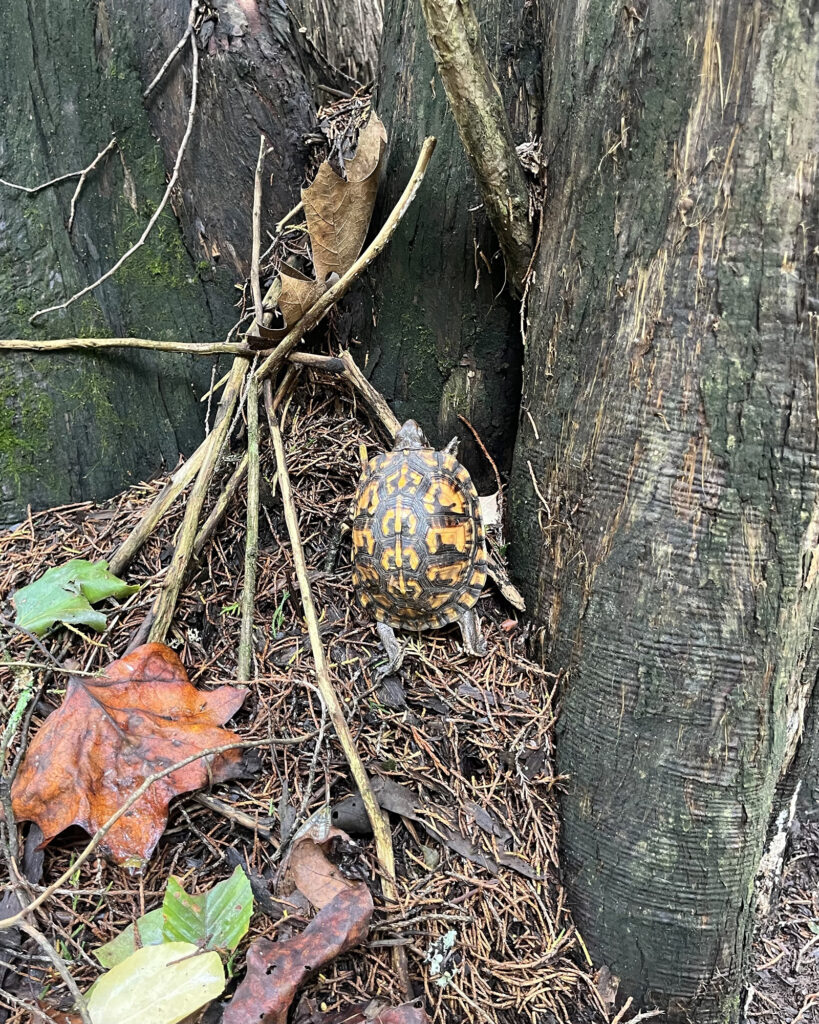
This box turtle seemed to know it was about to turn cold in NE Tennessee.
What have you sighted recently?
@rbaburina
October 17, 2024
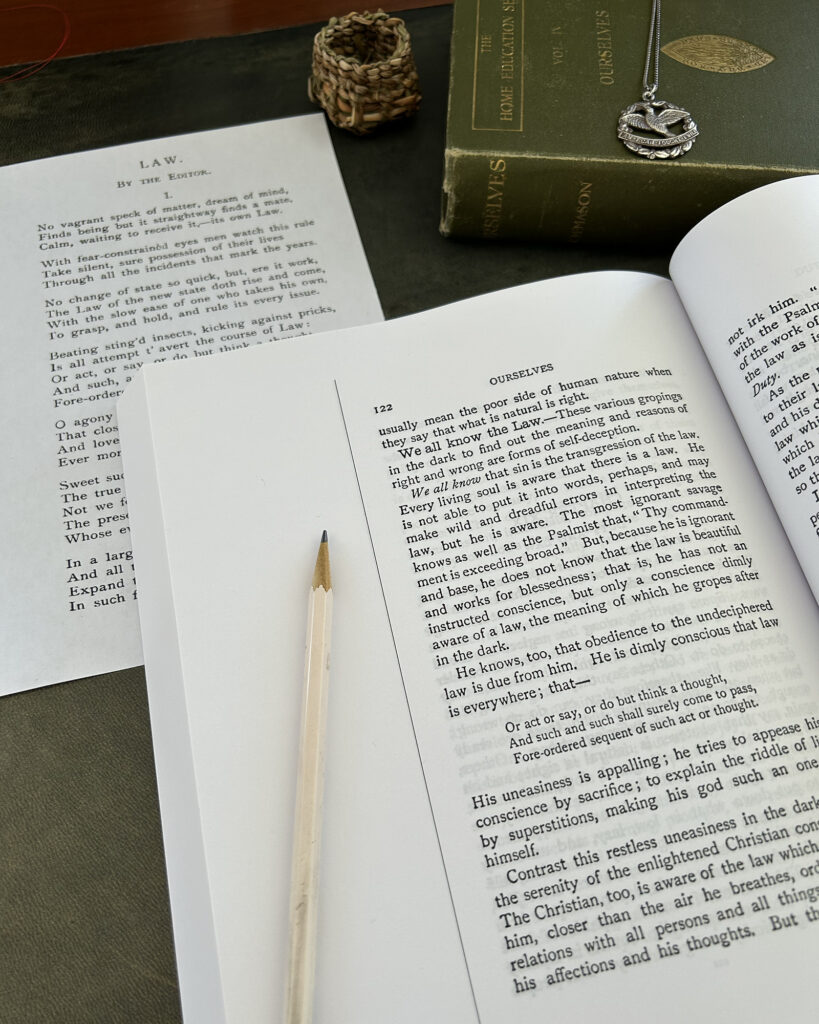
One thing all readers of Charlotte Mason’s volumes notice early on is how many times she quotes other writers — and often without a citation. The explanation usually given for this is that she expects her readers to be well-read enough to simply recognize her quotations.
This certainly makes sense when the quotations are from the Bible or the prayer book. Citing chapter and verse might have seemed gratuitous when writing for an audience steeped in Scripture and nurtured in the church.
But I would offer a different explanation for another set of quotes in the volume: humility. Surprisingly, in a couple of places, Charlotte Mason is actually quoting herself.
One example is on p. 122 of Ourselves, Book II. The text flows naturally as she writes, “He knows, too, that obedience to the undeciphered law is due from him. He is dimly conscious that law is everywhere; that—“ Then we find an indented quotation, three lines of verse:
Or act or say, or do but think a thought,
And such and such shall surely come to pass,
Fore-ordered sequent of such act or thought.
It turns out that these three lines are from a poem written by Miss Mason herself. The poem is called “Law” and is the seventh poem in an “old notebook” that Essex Cholmondeley says dates back to when Mason was in her 20s.
“Law” seems to have been first published in the January 1904 Parents’ Review. When Ourselves was published the following year, Mason was citing her own poem. A revised form of the poem appeared in 1908 in volume II of The Saviour of the World making the source of the quotation more difficult to identify.
We’ve transcribed the original version of the poem. If you’re reading Ourselves and someone asks you about p. 122, now you can point them here.
@artmiddlekauff
October 18, 2024

Fall leaves fall die flowers away
Lengthen night and shorten day
Every leaf speaks bliss to me
Fluttering from the autumn tree
I shall smile when wreaths of snow
Blossom where the rose should grow
I shall sing when night’s decay
Ushers in a drearier day
— Emily Brontë
@artmiddlekauff
📷: @dave_stillwell
October 19, 2024

When Jack Beckman was researching his 2003 dissertation, he conducted oral interviews with dozens of graduates from the House of Education and the Charlotte Mason College. From his notes and recordings he has been able to sketch a tantalizing glimpse of life at Charlotte Mason’s teacher training college.
One response from Margaret Wigan, class of 1948, has run through my mind since I first read it. Students at the college, she said, “did all the things the children learned to do — nature walks, picture talks, musical appreciation, living books. Everything was on the level of the child so we could learn in the same way as they were supposed to. For those of us who taught in PNEU schools, it truly prepared us.”
This weekend is our annual Charlotte Mason Poetry team retreat. Sure, we take a look back at the prior year and we talk about ideas and plans for what is to come. Sure, we read Parents’ Review articles and discuss drafts for our own audio blog. But that’s not really the heart of what retreat is all about.
We believe that children are born persons, and parents are persons too. We believe in doing the things that the children learn to do. So at our retreat we have a nature walk, a picture talk, music appreciation, and a poetry discussion. And because education is for the whole person, mind, body, and soul, we do a craft too. This year we made pocket notebooks which not only developed our skills. It also gave us places to jot down ideas as they come, ideas about how to make Charlotte Mason’s living philosophy more accessible to you.
@artmiddlekauff
October 20, 2024
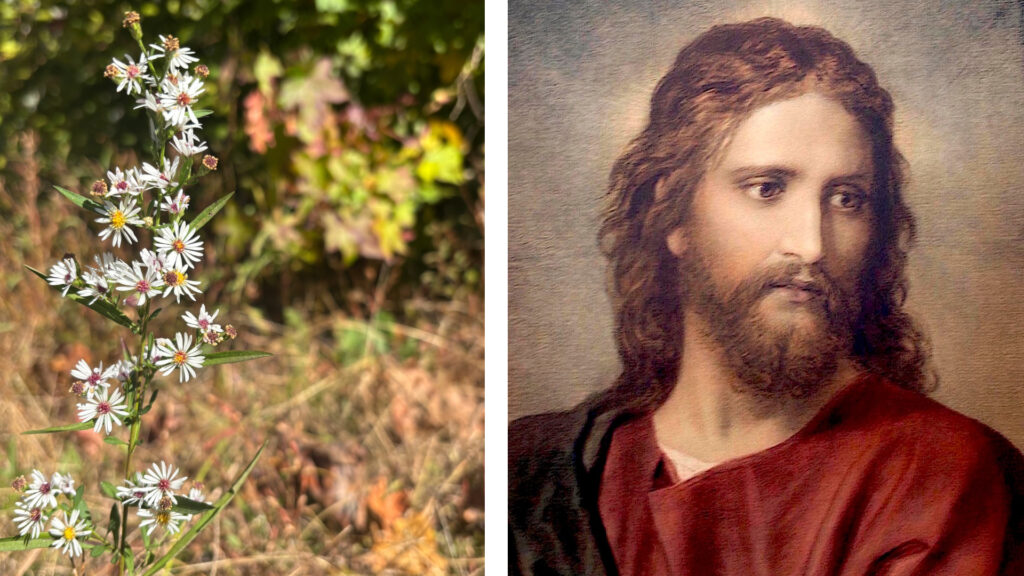
The Old Testament closes with words that open the message of the New: “And he will turn the hearts of the fathers to the children.” It is a message that changed the course of my life, when I realized that when God gave me children, He also gave me a mission.
It is a message of love, reconciliation, and unity. What relationship can be more fruitful, more blessed, more promising, than that between parents and children?
It is this message that makes the pain of Mark 3:21 so acute: “And when his family heard it, they went out to seize [Jesus], for they were saying, ‘He is out of his mind.’” According to James R. Edwards, “the Greek wording is even more explicit: ‘they went to seize him, believing that Jesus had gone berserk.’”
It is a shocking statement, so starting that it does not even appear in the parallel passages in Matthew (12:22) and Luke (11:14). Edwards reminds us that it “is a calculated reminder that those closest to Jesus may indeed oppose him, and that proximity to Jesus—even blood relationship or being called by Jesus—is no substitute for allegiance to Jesus in faith and following.”
In Zechariah 13, the blessed prophet prophesies: “And one will say to him, ‘What are these wounds between your arms?’ Then he will answer, ‘Those with which I was wounded in the house of my friends.’”
Read or hear Charlotte Mason’s poem about the wounds that hurt the most, wounds at the hands of our friends. Find it here.
@artmiddlekauff